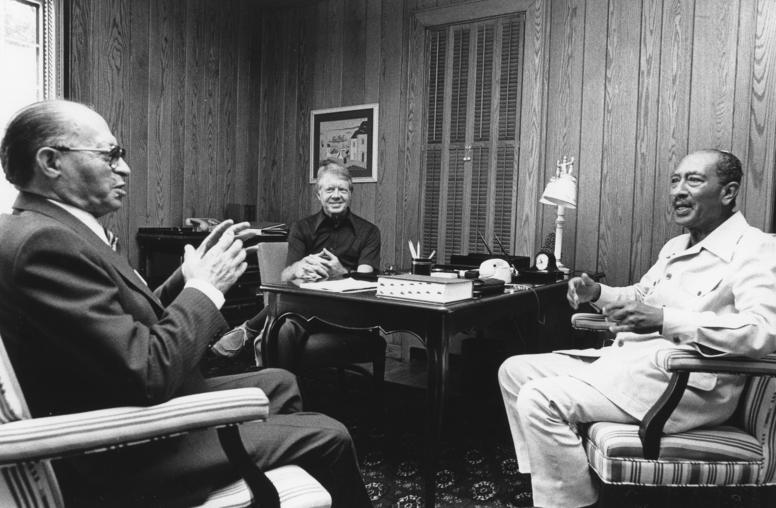Will a "New Egypt Be Born?"

Egyptians to go to the polls
Over the next two days, Egyptians will elect their president for the first time. Cairo is covered in campaign posters and preparations are under way. But many wonder what the election will actually mean. After nearly 18 months of street clashes, political uncertainty and a deteriorating economy, many believe the election will mark the end of a tumultuous transition. "Once the president is elected, he will clean up our streets and take care of the economy", Sharif, a taxi driver, said. "A new Egypt will be born."
Others say little has changed. Mubarak is gone but the same regime is still in place. The military council, the Supreme Council of the Armed Forces, or SCAF, is running the country and its role in Egypt's future is unclear. As is the role of the future president. The constitution writing process was interrupted before it even began and now the outlines of Egypt's political system will have to be drawn after the presidential election. Some worry that the new president will inherit SCAF's extensive powers, perhaps leading Egypt down the path of authoritarianism once again.
Of the 13 presidential candidates, five are projected to have the potential to win. The five can roughly be divided into the "regime candidates," the Islamists, and the socialist wildcard. Few observers try to predict the outcome. Opinion polls forecast widely varying results. The nature of the electoral system makes the outcome even harder to predict. If no candidate wins a majority, a second round will take place between the two leading contenders. And the second round might change the calculations of the voters.
One likely scenario is a run-off between the regime candidate Amr Moussa and the ex-Muslim Brotherhood member Aboul Fotouh. Charismatic Fotouh has the support of a wide variety of groups, from the conservative Salafis to the leftist liberals. Moussa - Foreign Minister under Mubarak and later the Secretary General of the Arab League – remains popular and is seen to offer something tried and tested. After a year of uncertainty, many Egyptians long for stability and economic progress.
The Muslim Brotherhood's candidate, Mohammed Morsi, is suffering from being seen as the "back-up" candidate since the group's first choice was deemed ineligible. Although less popular, Morsi has the benefit of being backed by the best-organized and largest political network in Egypt. The Brotherhood's ability to mobilize voters was on display during the parliamentary elections earlier this year when the movement won close to a majority of seats. Ability to mobilize might be key to sway the large number of undecided voters – an estimated 30-40 percent. But the Brotherhood's strong showing in the parliamentary election might work against it. Many voters are wary of having one party dominate both the parliament and the presidency.
Ahmed Shafik, another regime candidate, was appointed prime minister by Mubarak in January 2011 as a response to the anti-regime protests. Shafik is more controversial than Moussa due to his proximity to the former regime, and his victory might cause an uproar from revolutionaries and Islamists alike. Perhaps the least likely winner among the five, Hamdeen Sabahi, is a left-leaning candidate with revolutionary credentials. He is mainly popular with the youth of Tahrir Square and well-educated groups.
So it is with a mix of apprehension and hope that Egyptians will go to the polls. The outcome is uncertain and the perceived fairness of the electoral results will be crucial for the next step of Egypt's transition process.



